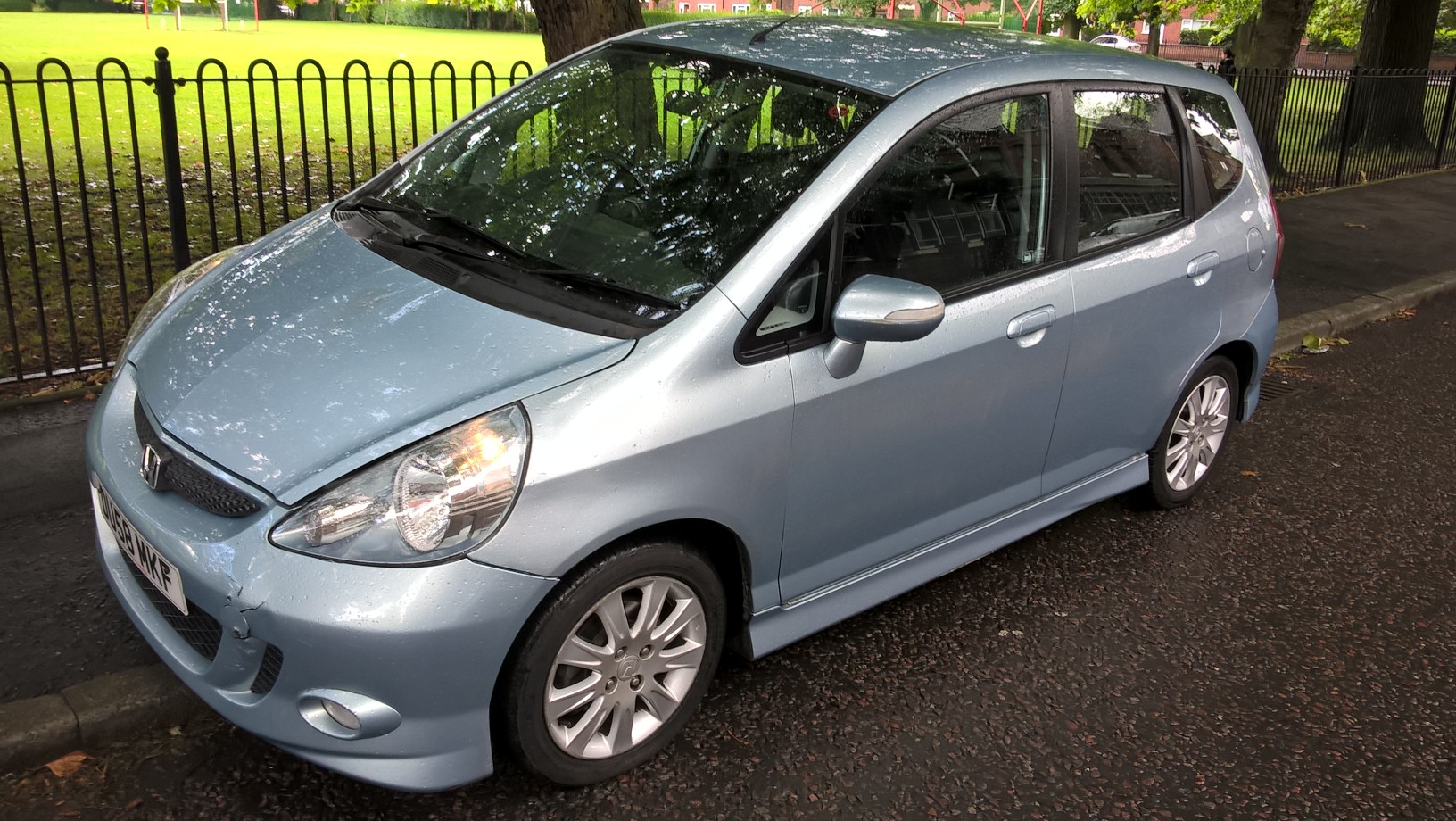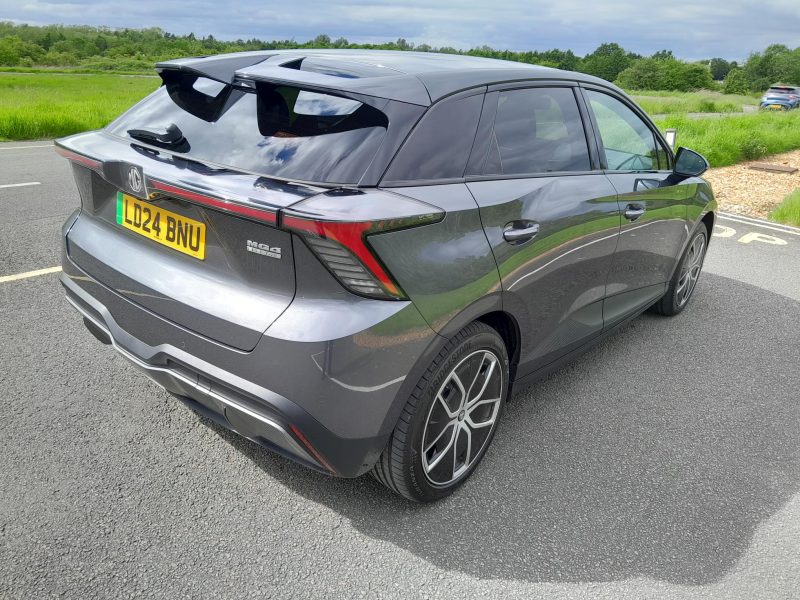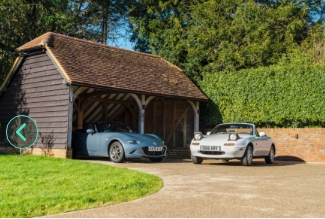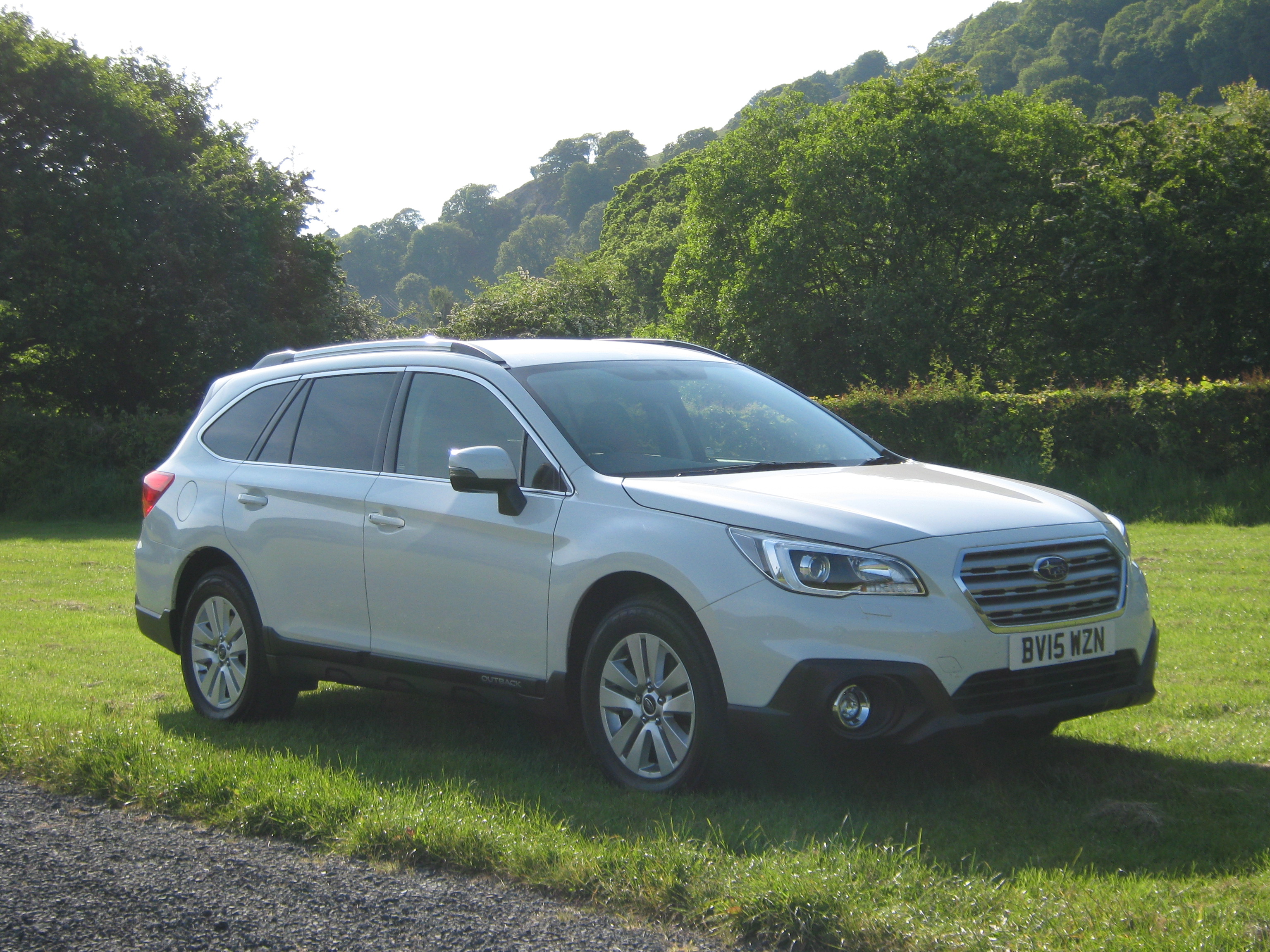BBC One’s ‘Don’t Get Done Get Dom’ and vehicle information expert, HPI, are raising the issue of dodgy repairs to accident damaged cars. The latest programme* revealed that some vehicles, which are repaired and put back on the road, are not always as good as new, impacting its resale value and causing concern for owners.
Senior Consumer Services Manager for www.hpicheck.com, Shane Teskey, explains: “If a car’s been in an accident and needs to be repaired, we urge owners to enlist the help of a professional bodyshop and take photographs of the damage prior to its repair so that they have their own ‘before and after’ records. This will enable them to talk to the repairer and rectify any issues that cause them concern. They should also keep receipts for repair work so that when it comes to selling on the car, they can confidently assure potential buyers that the work has been repaired to the proper standard. A car that has been involved in an accident is not necessarily a reason for a buyer to ‘walk away’, but it is important that they get the facts and have the car inspected to ensure those repairs are up to scratch.”
https://www.youtube.com/watch?v=Lc1yend2H3E
Some accident damaged cars are categorised as a ‘Total Loss’ by the insurer – otherwise known as an insurance write-off. All vehicles that are written off are put in to one of four categories, depending on the level of its condition. The categories include cars that can be repaired and returned to the road, or ones that are recommended to be totally scrapped and never allowed back on the road again. It is not illegal to repair or return ‘written off for salvage’ vehicles back to the road as long as the seller declares the facts and provides evidence that the car has passed a Vehicle Identity Check (VIC)**.
Teskey continues, “One in 33 vehicles checked by HPI in 2013 was an insurance total loss or a ‘write-off’. Category A and B write-offs are only good for scrap and should never be returned to the road. However, some sellers will patch up these cars for sale in an effort to disguisea write-off as a good buy. It’s all too easy to be taken in by shiny paintwork and a low price, but it could be hiding a multitude of faults that haven’t been fixed properly. Unscrupulous vendors will sell a write-off to make a quick profit but if the vehicle is not properly repaired any price is too high.
“The HPI Check confirms whether a vehicle has been written off, helping buyers make safe and informed decisions before they part with their cash. We also recommend that anyone looking to buy a car that has been declared an insurance write-off should seek to have it inspected by a suitably qualified individual.”
| Category A | Scrap only – i.e. with few or no economically salvageable parts and of value only for scrap metal e.g. total burnouts. These vehicles should not appear on the road. |
| Category B | Break for spare parts if economically viable. These vehicles should not reappear on the road. |
| Category C | Repairable total loss vehicles where repair costs exceed the vehicle’s pre-accident value. |
| Category D | Repairable total loss vehicles where repair costs do not exceed the vehicle’s pre-accident value. |
*Broadcast on Thursday 10th April
‘HPI’ and the HPI logo are registered trademarks of HPI Limited.
(1) All prices include VAT and are correct as of 2nd January 2014
(2) Mileage Data is not covered by The HPI Guarantee
An edited press information e-mail received on 14th April 2014
April 2014




